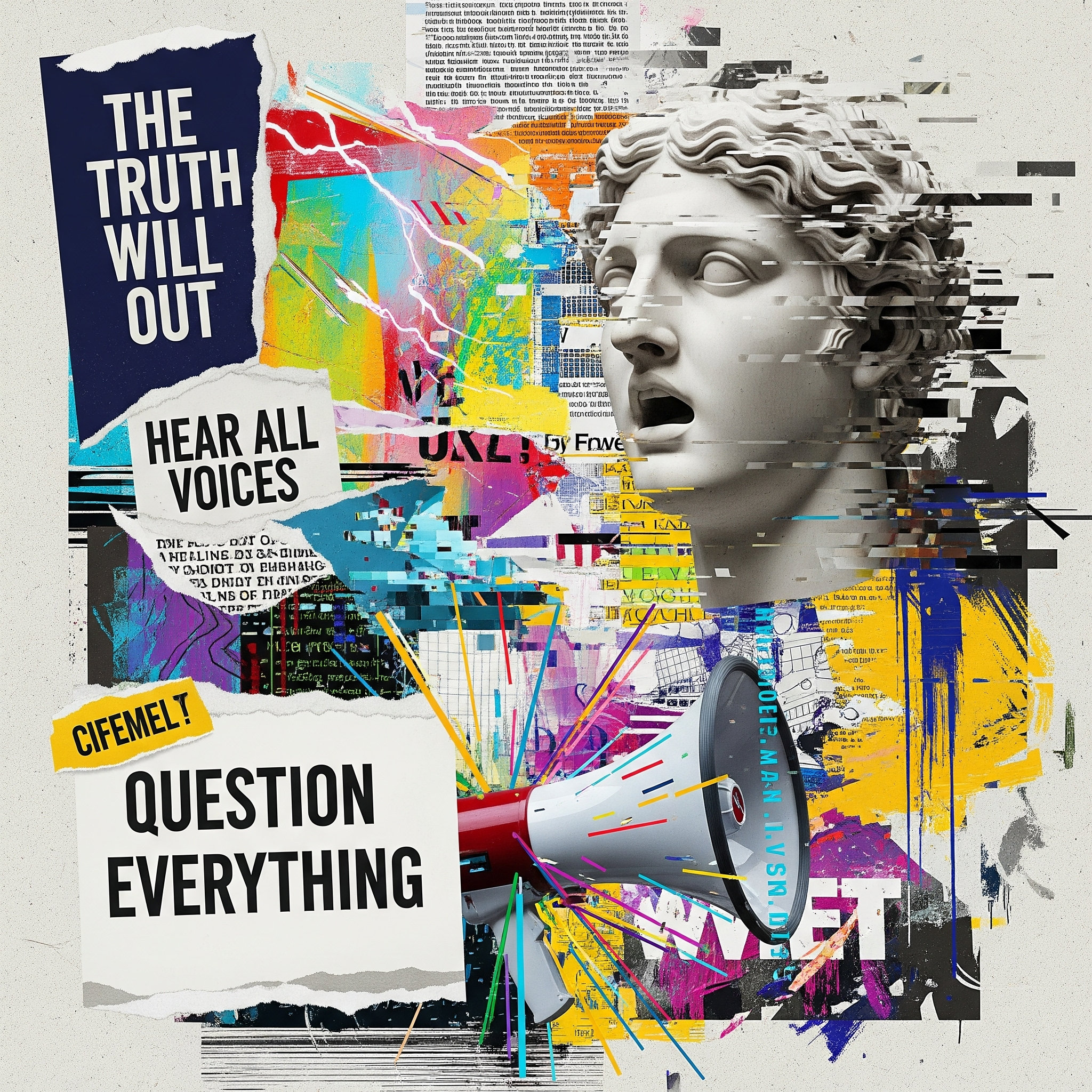The Fragility of Speech: Deconstructing Modern Threats to a Liberal Principle

Free speech, in a liberal democracy, is often regarded as an unshakeable pillar, a foundational principle so obvious in its necessity that it requires little defence. Yet, as with all foundational principles, its strength lies in the constant vigilance of those who understand its value. The modern discourse, particularly in the digital age, presents a curious and insidious threat: not from outright censorship, but from a calculated, ideological attack on the very concepts of speech, harm, and truth. This is not a new fight, but a very old one, repackaged in the language of compassion, safety, and social justice.
Historically, the battle for free speech was a clear-cut affair. It was about the state prohibiting certain books, opinions, or political rallies. The argument of enlightenment thinkers like John Stuart Mill, in his 1859 treatise On Liberty, was a direct and powerful counterpoint. Mill argued for a vigorous, unfettered marketplace of ideas, stating that even a wrong opinion could serve a valuable purpose, by strengthening the understanding of the right one. His famous dictum, “If all mankind minus one were of one opinion, and only one person were of the contrary opinion, mankind would be no more justified in silencing that one person, than he, if he had the power, would be justified in silencing mankind,” remains the high-water mark of this philosophy. This was a rational defence against a clear and present danger: tyranny.
The modern assault on this principle is far more subtle, and in many ways, more dangerous. It’s a linguistic trick, a clever redefinition of terms. The concept of "hate speech," for example, has been expanded from its original, narrow legal definition - that of incitement to violence - into a sprawling, amorphous category that can be used to silence any opinion that causes offence or discomfort. This is not about preventing physical harm; it is about protecting feelings, and in doing so, it elevates emotional security above the pursuit of truth. The phrase “your words are violence,” has become a cliché in this new intellectual battleground, serving as a convenient moral cudgel to shut down any inconvenient thought or fact.
This is also where the influence of postmodernist thought, which we have critiqued elsewhere on this site, becomes most apparent. Postmodernism, with its deconstruction of objective reality and its insistence that everything is a narrative, has made it possible to argue that a statement of fact can, in itself, be an act of oppression. A simple biological truth, for instance, can be framed as a form of “gender-based violence,” or a “transphobic slur.” This linguistic sleight of hand is highly effective. It allows activists to bypass rational debate entirely and move straight to the moral condemnation, and censorship, of their opponents.
The consequences of this are already a matter of academic record. Data from a 2023 study by the University of London's Institute for Free Speech showed a chilling effect on campus discourse. Students reported a widespread reluctance to discuss controversial topics for fear of being accused of "hate speech." The study's lead author, Dr. Amanda Jones, noted that "the threat of social ostracism and reputational damage has become a far more effective tool for silencing dissent than any law or regulation." The humour in all of this, and there is a grim humour to be found, is that those who claim to be fighting for "safe spaces" have, in fact, created an environment of pervasive fear, intellectual cowardice, and self-censorship.
The internet, and social media in particular, has proven to be the ideal breeding ground for this intellectual contagion. Algorithms, as we have explored, are designed to amplify emotionally charged, tribal content, and little is more tribal than the binary of "us versus them." Social media platforms, in their relentless pursuit of engagement, have become unwitting accomplices in the erosion of free speech, creating a system where the most extreme voices, and the loudest cries of victimhood, are given the largest platform.
The battle for free speech is no longer a matter of a government banning a book; it is a battle for the very soul of the public square. It is a demand to use words precisely, to distinguish between a fact and an opinion, and to resist the powerful temptation to silence those we disagree with. The ultimate defence of a liberal principle is not in its legal protection, but in the steadfast courage of citizens who are willing to endure the discomfort of opposing views. To laugh, to debate, and to argue in good faith is the only way to preserve a society where truth, however inconvenient, can still be found.